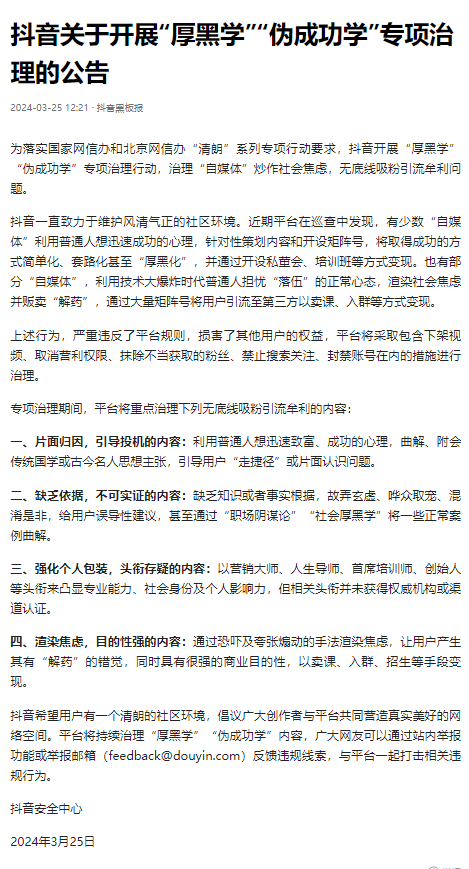Why do we try not to send voice messages when chatting on WeChat? There are four reasons for this. I've finished reading about inflation knowledge
WeChat, as one of the most popular communication tools in today's social networks, provides us with various chat methods, including text, emoticons, images, voice, etc. However, although voice chat is convenient in some cases, it also has some undeniable drawbacks
WeChat, as one of the most popular communication tools in today's social networks, provides us with various chat methods, including text, emoticons, images, voice, etc. However, although voice chat is convenient in some cases, it also has some undeniable drawbacks. In this article, we will explore the reasons why WeChat chat should not use voice as much as possible, and explain some of the inconvenience and risks that using voice chat may bring.

Firstly, using voice chat may make some people feel uncomfortable or awkward. This is mainly because some people may not be accustomed to speaking loudly in public places, especially when it comes to private topics or sensitive information. In this situation, using text chat is more appropriate because it can provide more privacy protection and space for self-expression.
Additionally, sometimes we may be in a noisy environment and may be disturbed when using voice chat, making it difficult to communicate clearly. Therefore, in order to ensure the accurate transmission of information and avoid awkwardness, we should prefer to use text chat.
Voice chat may cause inconvenience in communication. Text chat allows us to view previous conversation records at any time, thereby better understanding each other's intentions and needs. Voice chat is different as it is a real-time communication method, and we cannot replay or organize conversations like text chat.
In addition, for the party receiving voice messages, they may need to focus on listening for a short period of time, which may make them feel a bit tired. In contrast, text chat allows people to read and reply at their own pace, making it more convenient and flexible.

Using voice chat may increase the risk of information leakage. When we transmit private information or sensitive content through voice, it is possible for others to eavesdrop or record it. Although WeChat has some encryption measures to protect user information, it still cannot completely eliminate the possibility of information leakage.
In addition, some malicious software may engage in personal information fraud by stealing voice information, which poses a threat to users' property and privacy. Therefore, when dealing with important or private information, we should try to avoid using voice chat and choose safer and more reliable text methods.
One obvious drawback of using voice chat is that you cannot directly record the conversation content. Especially in work or study, many times we need to leave written records as references or reminders. If you only use voice chat, you may miss important information or be unable to review previous conversations, which may bring some inconvenience to work and study.
Through text chat, we can easily save conversation records for future reference and organization. This is of great significance for work team collaboration, organizing study notes, and other important occasions.

In summary, although voice chat may be a convenient and efficient way of communication in some cases, we cannot ignore the discomfort, inconvenience, and risks it brings. Therefore, in order to better protect personal privacy, avoid communication inconvenience, and facilitate information recording, we suggest not to excessively use voice when chatting on WeChat, but to choose more text chat methods. This not only improves communication efficiency, but also better maintains personal privacy and information security.

Disclaimer: The content of this article is sourced from the internet. The copyright of the text, images, and other materials belongs to the original author. The platform reprints the materials for the purpose of conveying more information. The content of the article is for reference and learning only, and should not be used for commercial purposes. If it infringes on your legitimate rights and interests, please contact us promptly and we will handle it as soon as possible! We respect copyright and are committed to protecting it. Thank you for sharing.(Email:[email protected])














